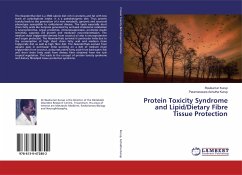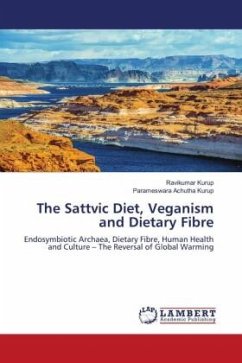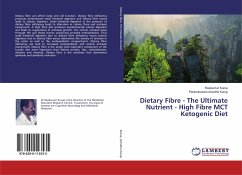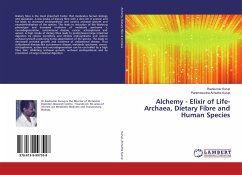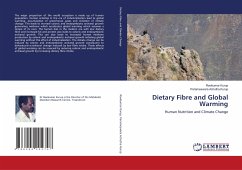The Neanderthal diet is a 3500 calorie diet rich in proteins and fat with low levels of carbohydrate intake. It is a paleoketogenic diet. Thus protein toxicity leads to the generation of a new metabolic, genomic and neuronal phenotype susceptible to civilizational disease. The lipids especially short chain fatty acids like butyrate generated by archaeal cholesterol catabolism is neuroprotective, organ protective, immunosuppressive, promotes insulin sensitivity, suppress cell growth and modulate neurotransmission. The medium chain triglycerides derived from coconut oil also is neuroprotective and organ protective. The Neanderthals survived in peninsular India due to the consumption of high short chain fatty acid and medium chain triglyceride diet as well as high fibre diet. The Neanderthals evolved from aquatic apes in peninsular India surviving on a diet of medium chain triglycerides from coconut, polyunsaturated fatty acids from backwater fish and short chain fatty acids from dietary fibre obtained from the lush tropical vegetation. This leads to the concept of protein toxicity syndrome and dietary fibre/lipid tissue protection syndrome.

